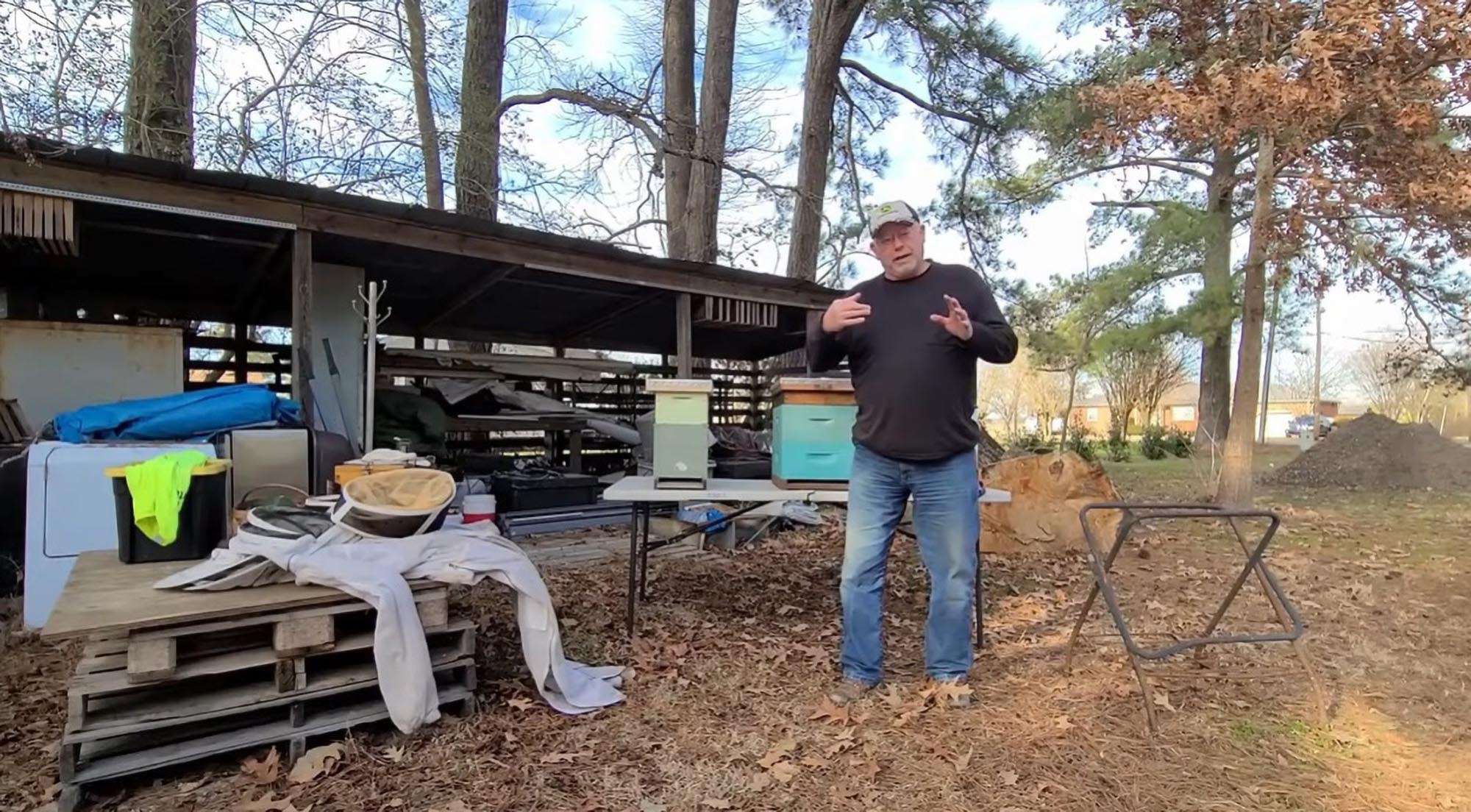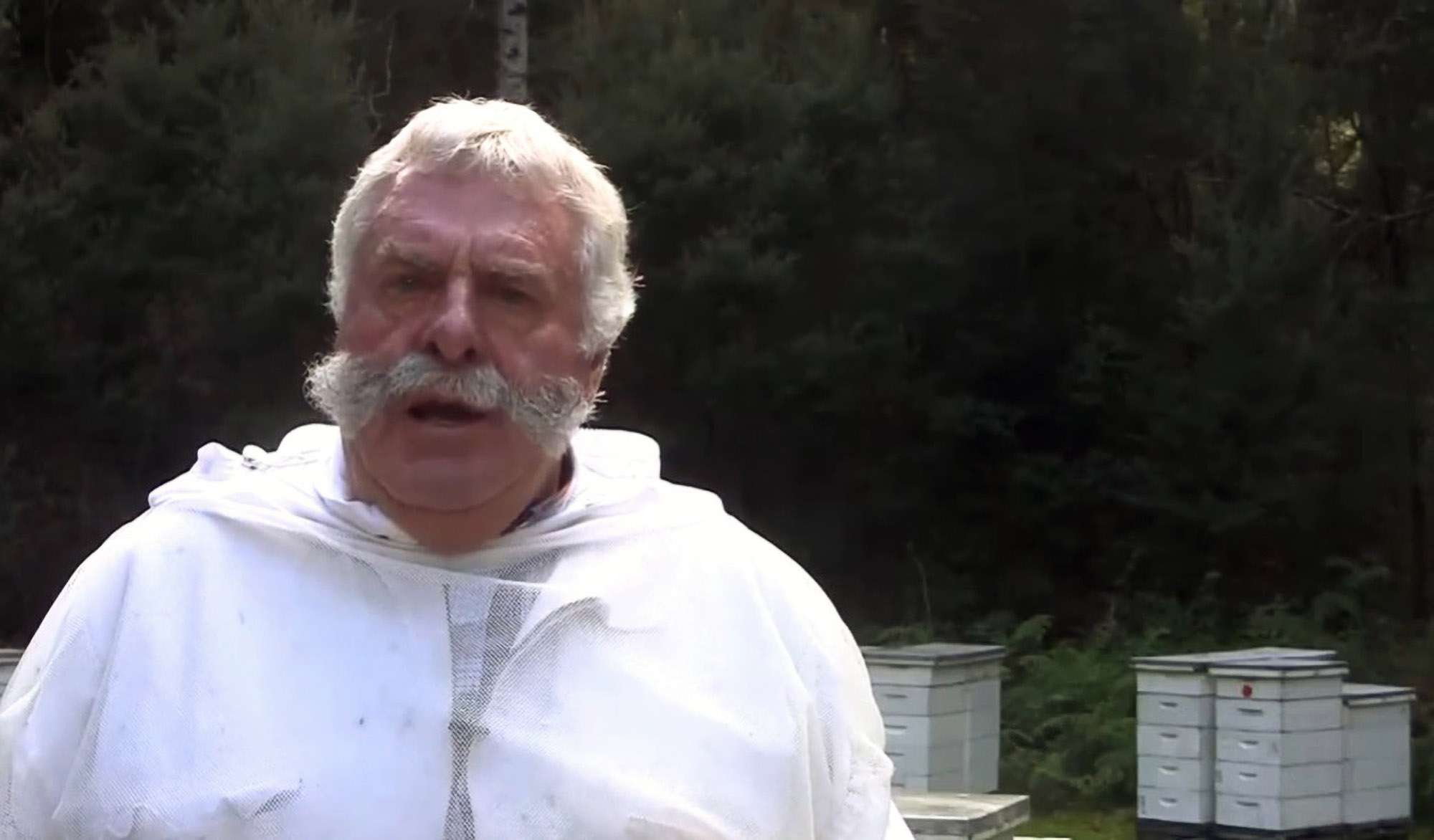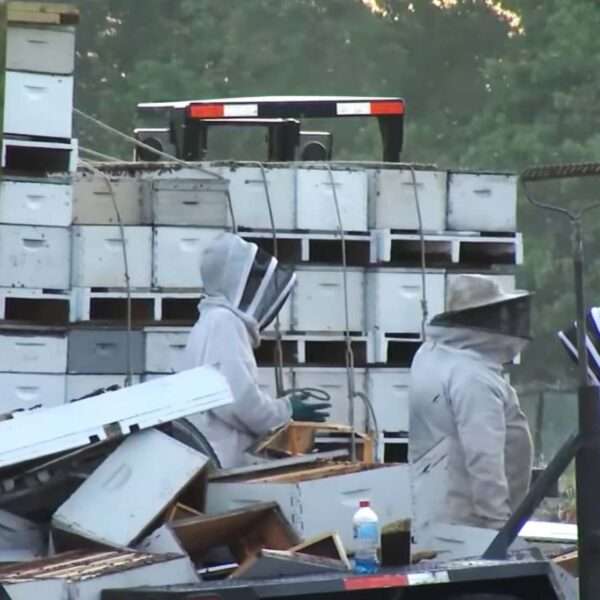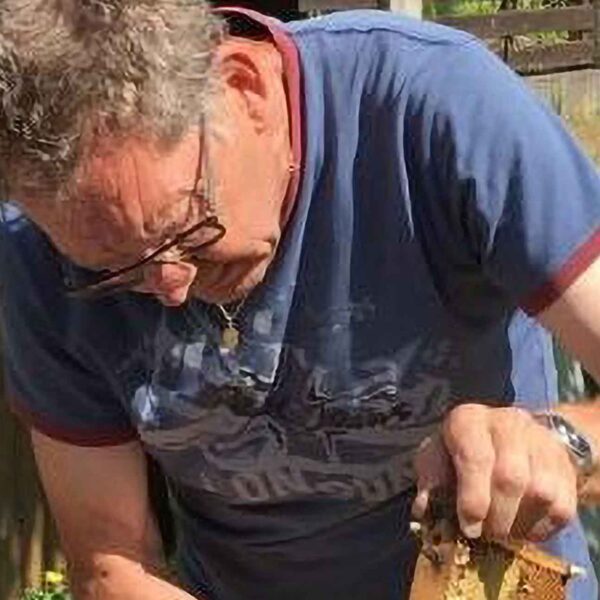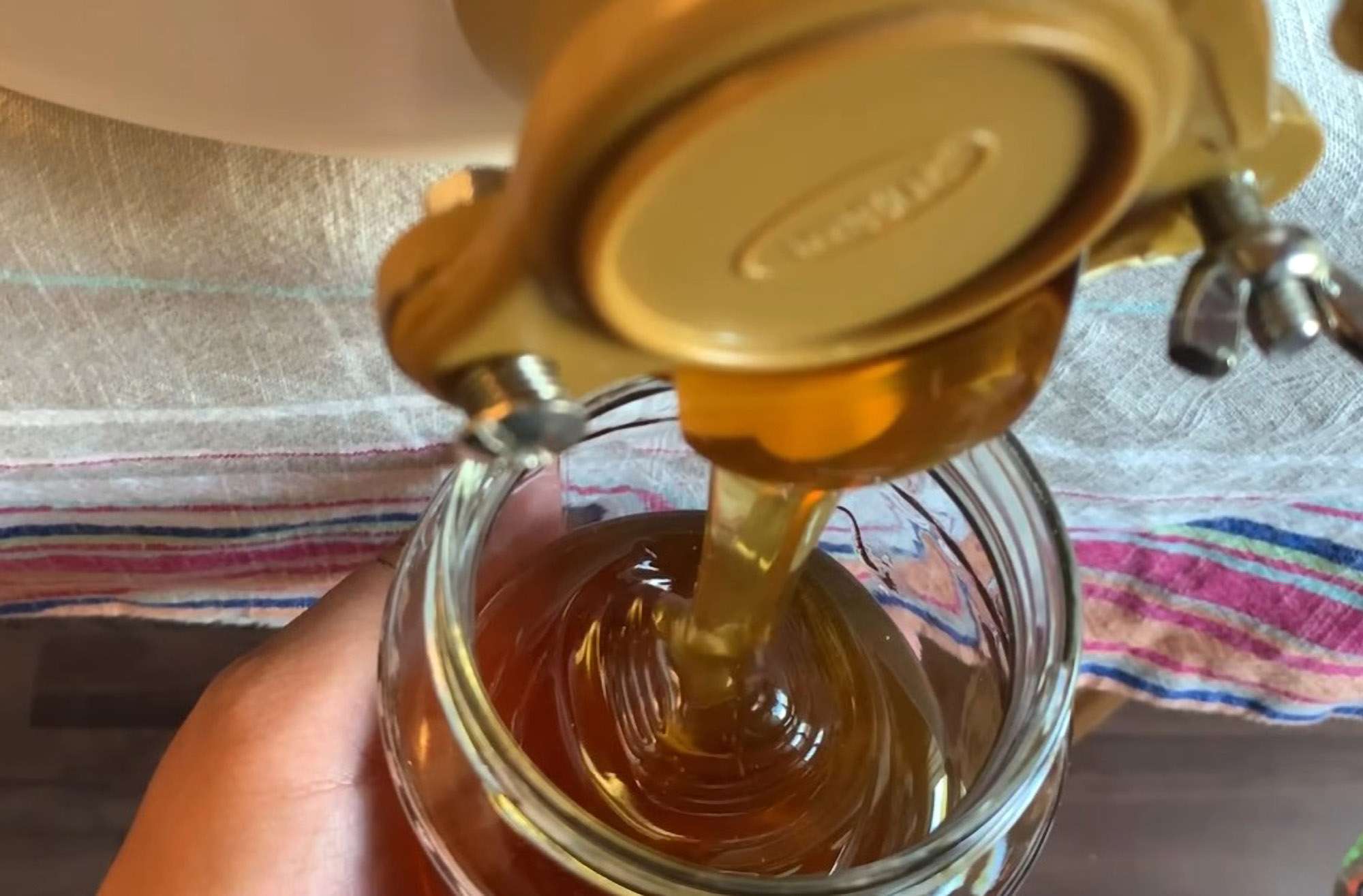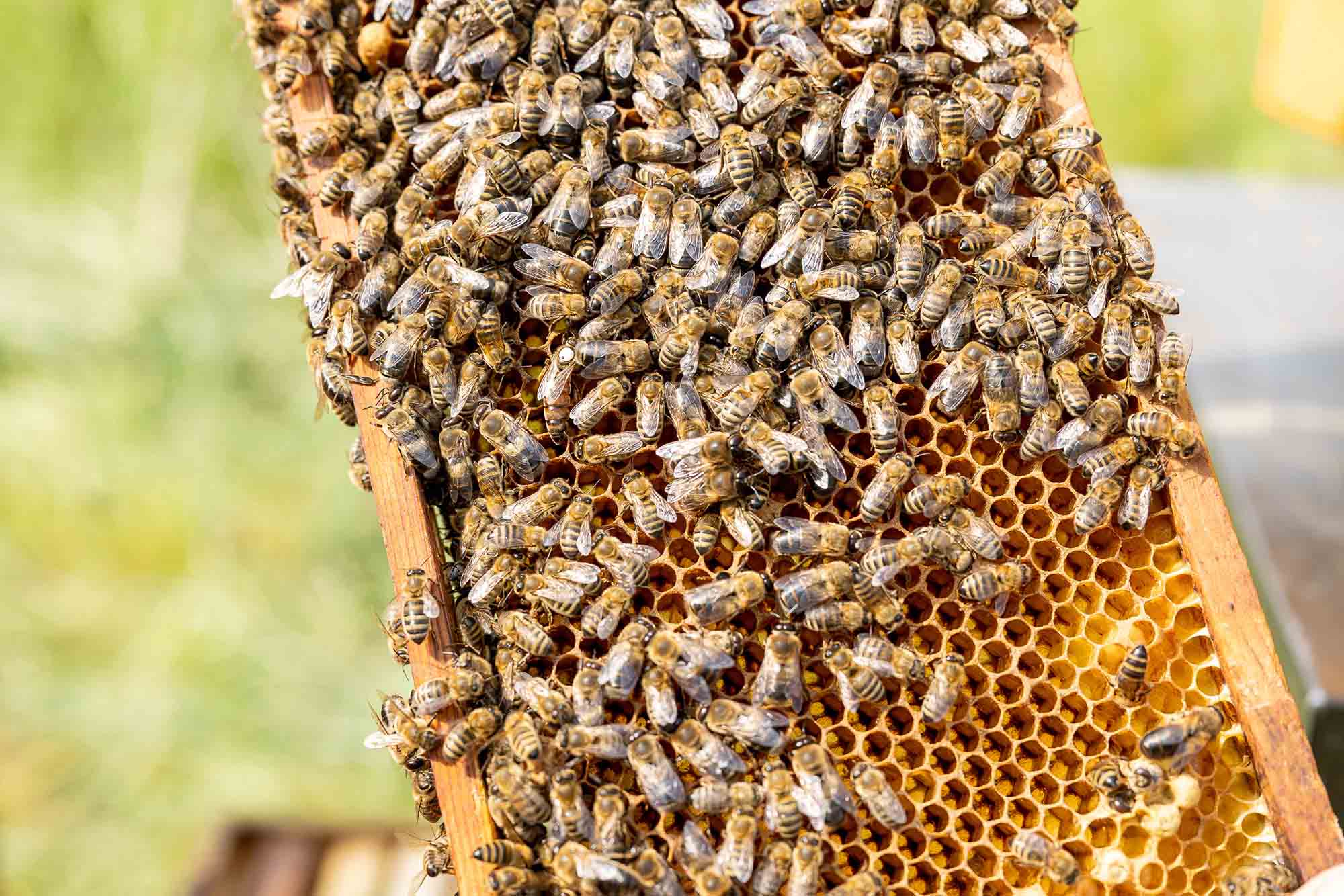A 50-year-old farmer suffered serious injuries as he jumped into a well in an attempt to escape a swarm of bees.
Rukhdiya Pandiya was working on an agricultural estate in the city of Anjad in the central Indian state of Madhya Pradesh when hundreds of pollinators suddenly attacked him.
While his co-workers managed to remain unharmed by running further away, Rukhdiya hurled himself into a 15-metre (50-foot) well.
The farmer was hospitalised. The Free Press Journal quotes a medic as saying that his whole body was swollen due to the numerous stings he had sustained.
There has been no information on whether he suffered any fractures.
The swarm of bees was reportedly nesting on a nearby tree. It has not been made clear whether the local authorities have taken measures to prevent similar incidents in the future.

Swarming is a natural process in the life of a honeybee colony, according to Professor Emeritus Donald Lewis from Iowa State University in Ames, United States.
The entomologist explained: “Swarming occurs when a large group of honeybees leaves an established colony and flies off to establish a new colony, essentially creating two from one.”
The activity is a response to crowding, he added.
Prof Lewis said: “Clusters usually remain stationary for an hour to a few days, depending on the weather and the time needed to find a new nest site by scouting bees.”
He pointed out that swarms usually pose no danger to humans.
Bees are unlikely to sting unless provoked if they are located far away from their offspring and food stores, Prof Lewis explained.
He concluded: “Swarms are temporary and the bees will move on if you patiently ignore them. Stay back and keep others away from the swarm, but feel free to admire and appreciate the bees from a safe distance.”


